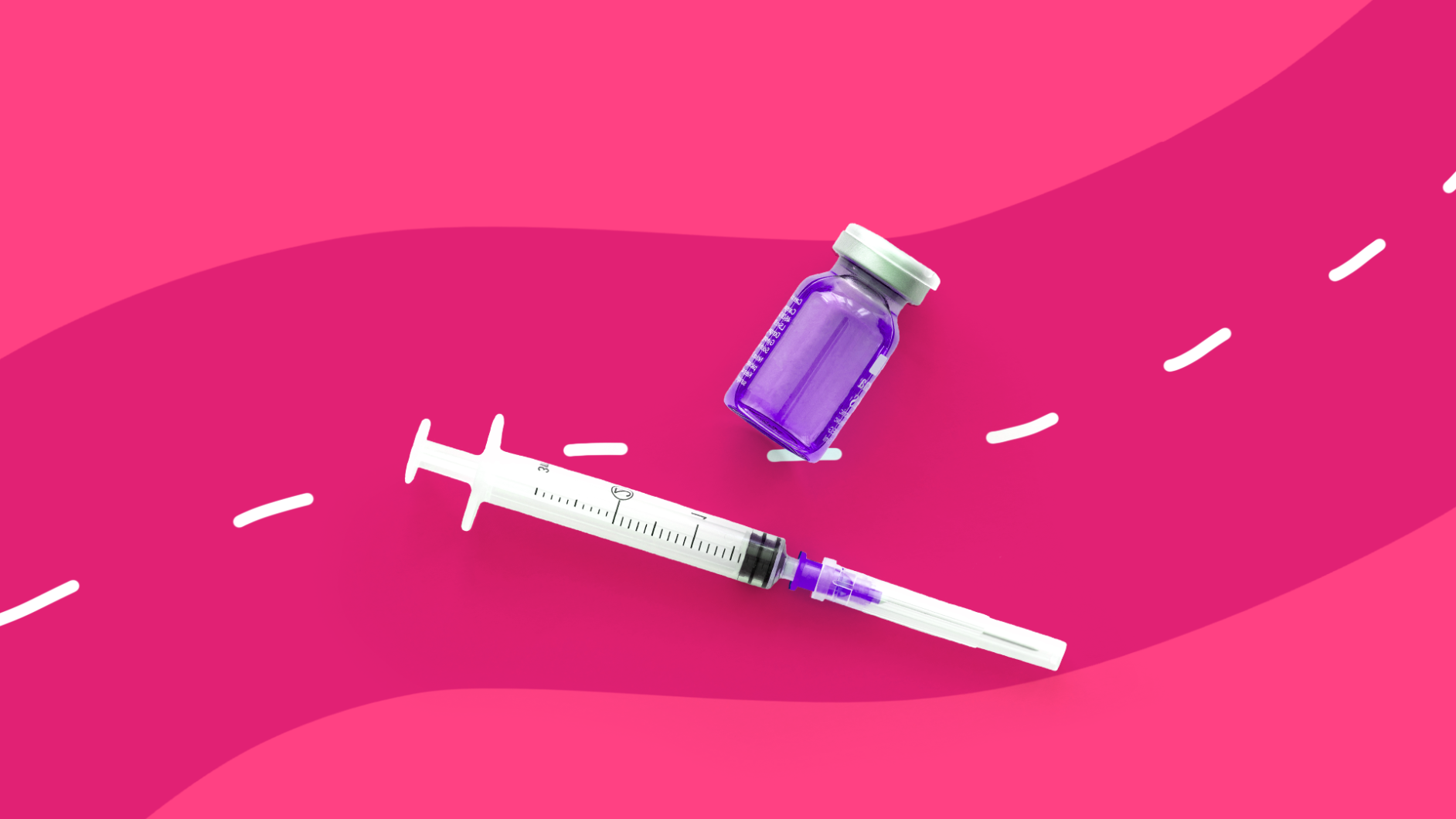Human papillomavirus (HPV) is the most common sexually transmitted infection (STI) in the United States. Nearly 80 million people are currently infected with HPV, according to the Centers for Disease Control. And while many infections clear up on their own, it’s estimated that some 35,000 cancer diagnoses each year can be attributed to the virus.
Due to the prevalence of HPV—and its link to potentially deadly cancers—physicians recommend vaccinating children with Gardasil 9 at the age of 11 or 12 years old, before they’ve engaged in sexual activities.
“Anyone who hasn’t had any exposure to sexual contact is ground zero,” says Dr. Sheryl A. Ross, MD, an OB-GYN and author of the book She-ology: The Definitive Guide to Women’s Intimate Health. Period. “Gardasil 9 can reduce the incidents of cancer as it relates to the cervix, penis, anus, head, neck, and throat.”
Until recently, the vaccine was recommended only for those up to the age of 26. However, updated guidelines released by the U.S. Food & Drug Administration in October 2018, expanded the HPV vaccine for men and women from 27 to 45 years of age.
If you’re an adult thinking about getting vaccinated against HPV, here’s what you need to know.
Gardasil 9 HPV vaccine
Gardasil 9—so named because it protects against nine strains of the virus (Types 6, 11, 16, 18, 31, 33, 45, 52, and 58)—is the primary HPV vaccine administered by doctors in the U.S. Introduced in 2006, it is the only vaccine that prevents certain types of cancers. Here’s the full rundown of what Gardasil 9 helps protects against:
For girls and women:
- Cervical cancer
- Vulvar and vaginal cancers
- Anal cancer
- Precancerous cervical, vulvar, vaginal, and anal lesions
- Genital warts
For boys and men:
- Anal cancer
- Precancerous anal lesions
- Genital warts
Dosage depends on age. When administered before the age of 15, Gardasil 9 is a series of two shots; over the age of 15, it’s a series of three.
HPV vaccine risks
Gardasil 9 side effects are typically mild, according to Dr. Ross.
“The side effects really have to do with the injection site—pain, redness, and some soreness in the arm,” she says. “Some people get faint and dizzy and maybe a little fever or headache, nausea, or even joint or muscle pain. But it’s really short-lived and minor.”
Why you should get Gardasil 9
If you’re a sexually active adult, you may be thinking it’s too late to get the HPV vaccine—but that’s not true, says Kristen Feemster, MD, research director of the Vaccine Education Center at Children’s Hospital of Philadelphia and medical director of the Immunization Program and Acute Communicable Diseases at the Philadelphia Department of Health.
“The likelihood that you’d be exposed to all nine types is fairly low, so you can still probably have some benefit from the vaccine,” Dr. Feemster says.
Dr. Ross agrees: “The question of, ‘If you already have HPV harvest types, should you get vaccinated?’ is a really great question because you don’t know what strain you really have. It’s hard to pinpoint, testing them one-by-one, so you could sleep with someone who could give you a whole new high-risk type. So, again, it’s a conversation to have with your doctor.”
And if you’re recently divorced or coming out of a long-term monogamous relationship, Dr. Ross says you could be particularly susceptible to HPV, as safe sex probably hasn’t been a top-of-mind concern for a while.
“If you look at the statistics with the divorce group, the 45-year-old women and men, they’re the second highest risk group for STDs,” she explains. “They’re a great group to target… There’s no downside to getting vaccinated.”
Meaning, if you’re in your 30s or 40s, it isn’t too late to potentially protect yourself against a myriad of deadly cancers—simply by getting a few shots in the arm.











